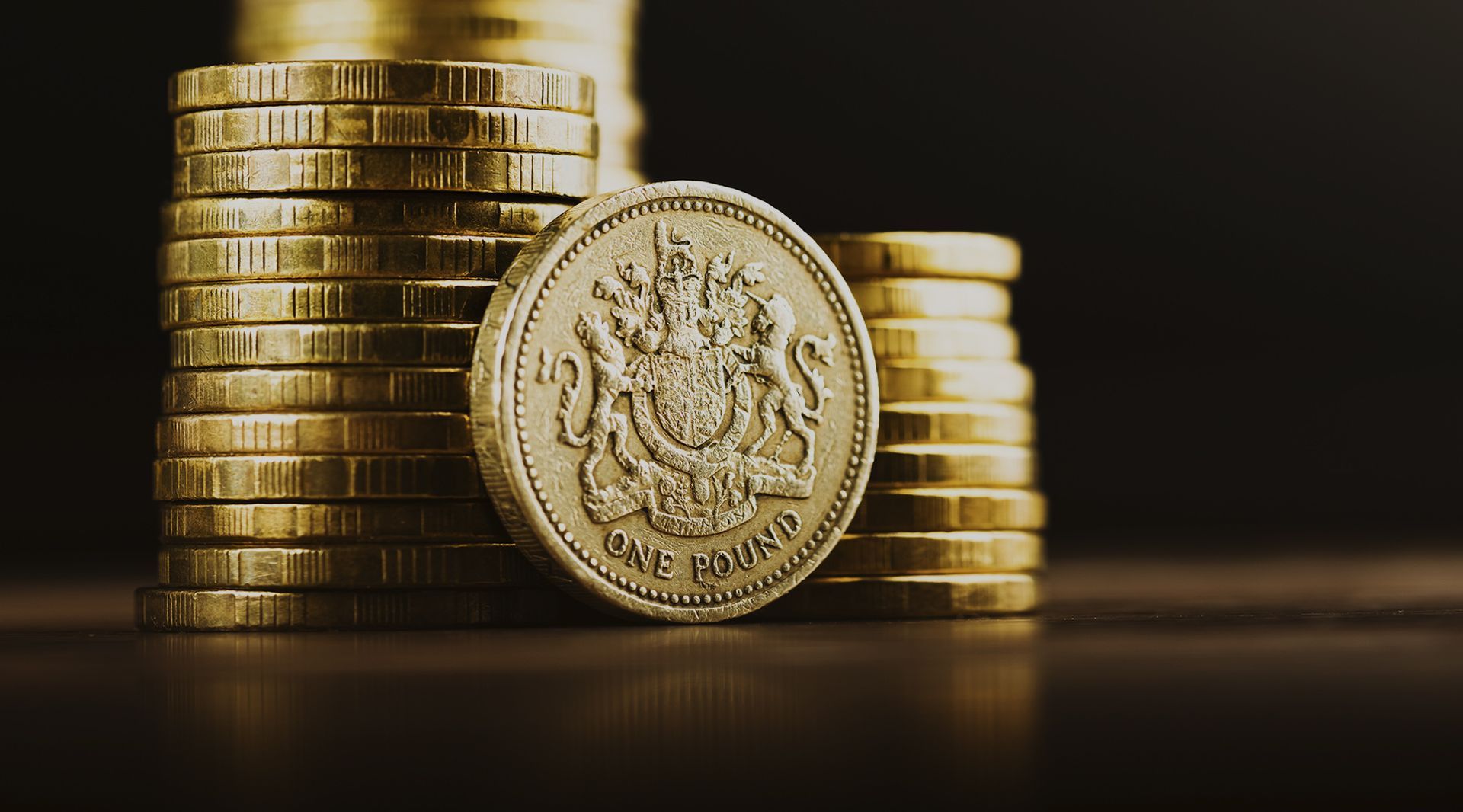Embracing New Horizons: A Guide to Moving Abroad
Moving abroad is an exhilarating and life-changing experience that offers countless opportunities for personal growth, cultural immersion, and a fresh start. Whether you're pursuing a new job, studying, or simply seeking an adventure, relocating to a foreign country can be both exciting and daunting. In this blog, we'll provide you with essential tips and advice to help make your transition smoother and ensure a successful journey as you embark on the path of moving abroad.
Research and Plan Ahead:
Before taking the leap, thorough research is key to understanding your destination country. Learn about its culture, language, customs, and traditions. Research the cost of living, housing options, healthcare, and visa requirements. Make sure to create a comprehensive checklist of all the necessary paperwork and documents you'll need for your move, such as passports, visas, and relevant certificates. Planning will help you anticipate challenges and minimise potential barriers.
Finances and Budgeting:
Moving abroad involves financial considerations. Evaluate your financial situation and create a realistic budget. Consider the cost of living, accommodation, transportation, and other daily expenses. Consider establishing an emergency fund to provide a safety net for unexpected expenses. Research banking options in your destination country and explore the most cost-effective ways to transfer your money. Remember, at Sapphire FX we have zero fees, zero commissions and extremely competitive exchange rates. On average Sapphire FX has saved clients 4-5% in exchange rates compared to leading banks.
Language and Cultural Adaptation:
Learning the local language can greatly enhance your experience and facilitate integration into the new culture. Prioritise language lessons, either through formal classes or language learning apps. Immerse yourself in the local culture by engaging with locals, participating in community activities, and exploring local traditions. Keep an open mind and embrace cultural differences as an opportunity for personal growth and enrichment.
Housing and Logistics:
Finding suitable housing is a crucial aspect of moving abroad. Research various neighbourhoods and consider factors such as safety, proximity to amenities, transportation links, and affordability. If possible, visit your destination country before the move to view potential accommodations in person. Additionally, make necessary arrangements for shipping your belongings, whether it's hiring a moving company or downsizing and selling items that are difficult to transport.
Healthcare and Insurance:
Ensure you understand the healthcare system in your destination country. Research health insurance options and determine whether your current policy covers you while abroad. If not, explore international health insurance plans to ensure you have adequate coverage. Familiarise yourself with local healthcare providers, hospitals, and pharmacies. It's also wise to carry necessary medications and copies of your medical records.
Social Connections and Support:
Building a support network in your new home can greatly ease the transition. Utilise social media groups, expat forums, and local community organisations to connect with fellow expats and locals. Attend social events, join clubs or hobby groups, and participate in language exchange programs. Engaging with like-minded individuals will help you establish friendships, gain local insights, and combat feelings of homesickness.
Conclusion...
Moving abroad is an incredible adventure that opens a world of possibilities. While it may feel daunting at times, with proper planning, research, and a positive mindset, you can navigate the challenges and embrace the opportunities that come with living in a new country. Embrace the unknown, be open to new experiences, and savour every moment of your journey. Moving abroad is not just about changing your physical location; it's an opportunity for personal growth, cultural enlightenment, and lifelong memories. Bon voyage!
"This is NOT ADVICE! This is only thoughts and commentary to stimulate your own thoughts and checks. You must consult with relevant experts as per your own needs and circumstances"















